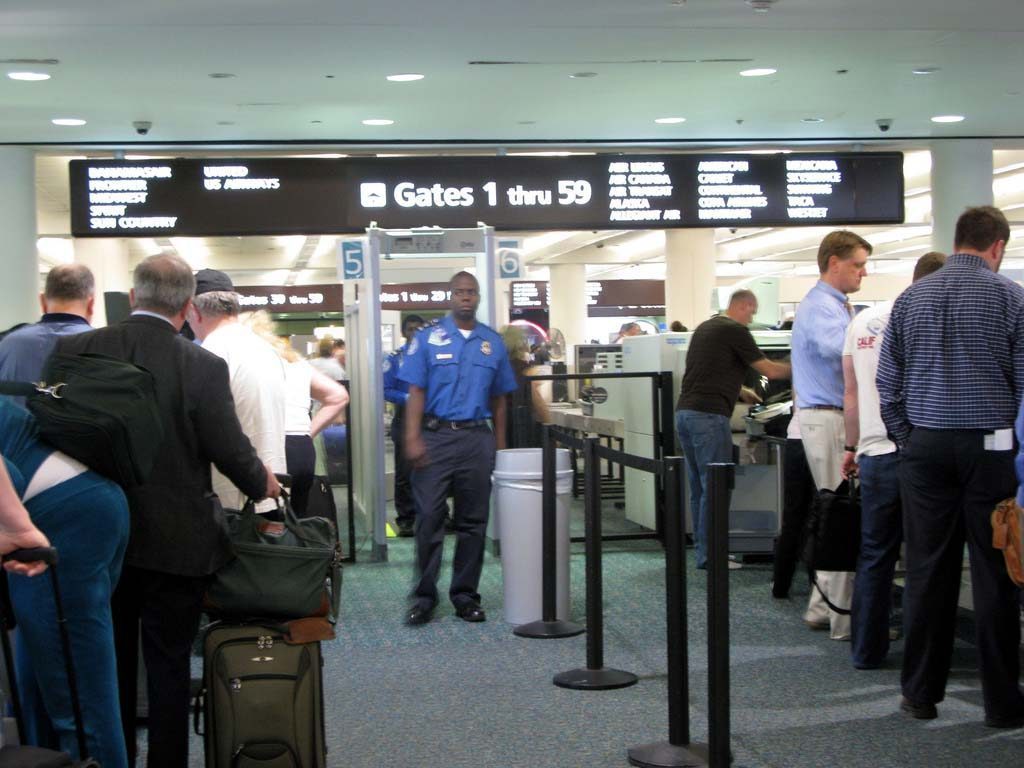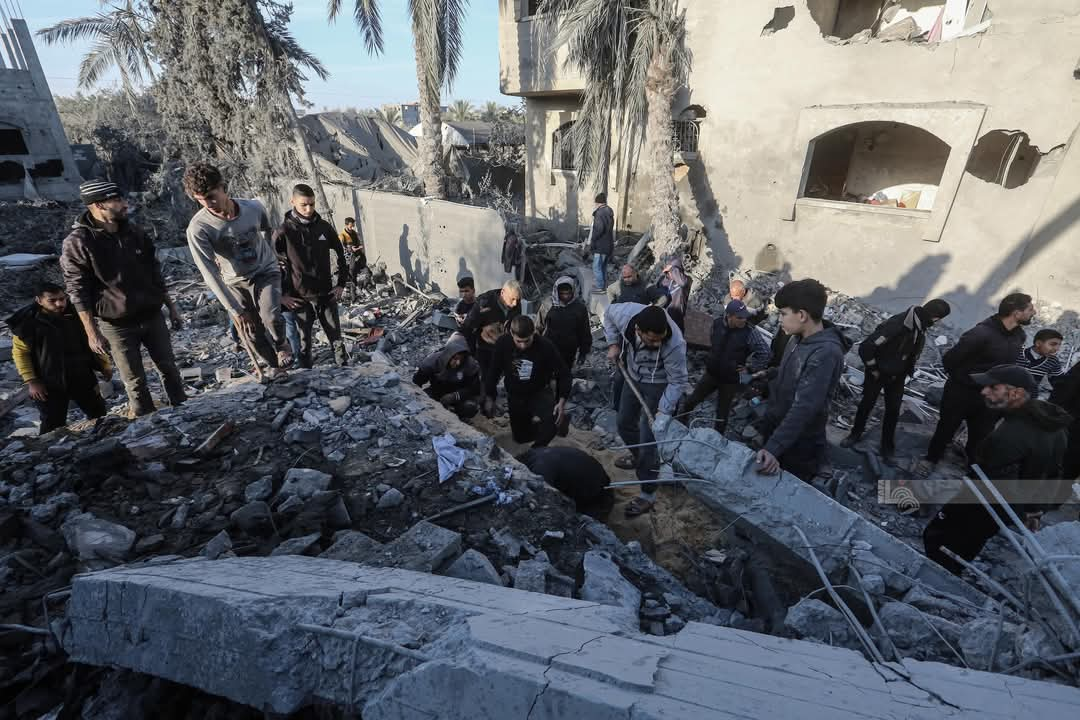
More must be done to improve aviation safety as the number of travelers across the Middle East continues to rise, Qatar’s Minister for Transport has said.
Speaking at the Third Middle East Aviation Safety Summit in Doha this week, Jassim Seif Ahmed al-Sulaiti told delegates that most member countries in the region have “invested heavily” in improving safety standards, but there is still a long way to go.
“Such deliberations assume paramount importance as there has been a remarkable increase in the number of daily flights over the last decade within the Middle East and also towards other areas,” he is quoted as saying in the Gulf Times.
The meeting, which involved delegates from 12 MENA nations, was organized by the Qatar Civil Aviation Authority (QCAA) at the invitation of the regional office of the International Civil Aviation Organization (ICAO).
It comes as an investigation is underway into why an EgyptAir plane flying from Paris to Cairo went down suddenly last week, killing the 66 people aboard.
Egyptian Civil Aviation Minister Sherif Fathi said at the time that the A320 was more likely to have been brought down in an attack than from a technical malfunction, though no one has claimed responsibility for the crash.
Lack of progress in the region
Immediately before the summit, members of ICAO’s Regional Aviation Safety Group also met in Doha to discuss safety and security improvements in the region.

A draft report from the meeting highlighted concerns about a lack of progress on safety-related issues over the past year.
The ICAO’s Universal Safety Oversight Audit Program (USOAP) – which was launched in 1999 to provide independent inspections of aviation safety procedures in countries worldwide – stated:
“It was highlighted that the average Effective Implementation (EI) rate for the MID Region had not improved over the last year, and that implementation of most Corrective Action Plans (CAPs) had not started,” the report said.
Low regional scores
The report noted that five states in the region – Egypt, Jordan, Lebanon, Libya and Syria – have been inspected and found to have USOAP effective implementation (EI) scores below 60 percent. This is a cause for concern, as the global average is currently 62.62.
However, it also noted that the EI rate in the Middle East region as a whole (68.23 percent) was still higher than the world average.
Qatar scored an average 62.6 percent in its most recent USOAP audit in 2013.
It rated significantly higher than the global average in several areas, including operations (86 percent) and airworthiness (80 percent), but fell down on areas like accident investigation (33 percent) and air navigation services (44 percent.)
Thoughts?







